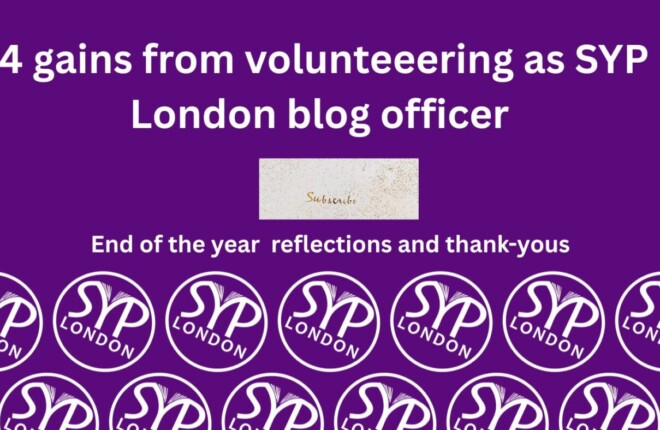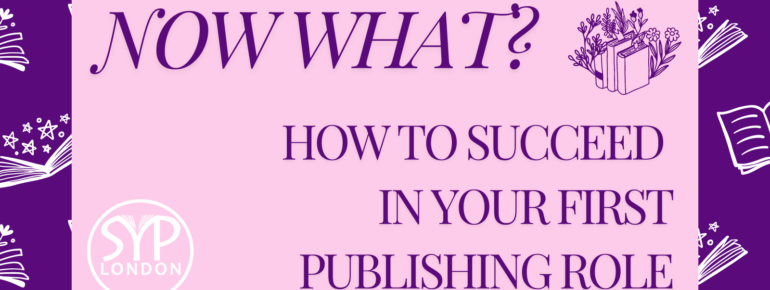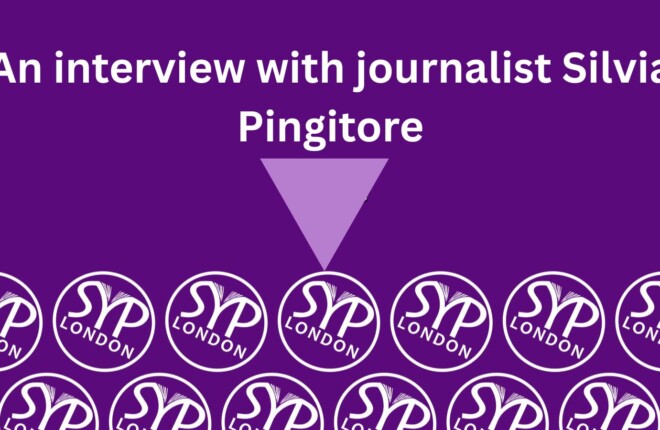
Now What? How to Succeed in Your First Publishing Role
Posted on May 13, 2024 in London

You’ve just landed your dream role in a publishing house! It could be in the Rights Department, at a Literary Agency, in Editorial, or perhaps in Marketing or Production… Congratulations! The build up to getting this role was surely overwhelming, you should take a moment to celebrate your achievement!
The at some point, when the relief abates, you’re left with a startling realisation – you’ve got a job. The industry that once seemed so exclusive is now your industry.
. . . Now what?
Here’s a compilation of top tips from industry professionals on how to handle your first role in the industry, and make it a ‘success’. Hear from assistants and executives alike, across the entire business.
STEP ONE: ENJOY YOURSELF
As said, congratulations! Something Madeleine Shalaby (Editorial Assistant at Headline, Hachette) and I agree on, is that ‘you’ve surpassed the largest hurdle’ simply by getting your foot in the door. All you need to do now is ‘be ready to learn.’
STEP TWO: BE CURIOUS AND ASK QUESTIONS
Often, you don’t know what you don’t know – which is an easy thing to say, but what does it mean? Entering a new industry means being faced with new jargon and processes, which is why Molly Openshaw (Social Media Executive at The Bookseller) recommends speaking to people across the industry, and Madeleine stresses how important it is to ‘figure out who you’re consistently working with and know their names.’ Knowing the people and tools available to you, and being confident in asking them questions, can be the difference between a smooth or stressful first few months. After all, in Daniela Quintero’s (International Sales Executive at HarperCollins) experience, Assistants are the people who deal with everyone, from other Assistants to Directors – and she urges us to ‘not be afraid to reach out to people.’
‘Being curious’ doesn’t have to be a taxing task – as Madeleine, says, networking doesn’t need to be ‘stiff’, but can involve just having a coffee with a colleague. ‘Being curious’ can be fun, as you get the chance to learn more about the industry you’ve wanted to work in for so long! You could along to the SYP Assistants in Publishing drinks, where you can chat and share your experiences in a friendly setting.
If you’d like to network and learn in a more structured way, Sherise Hobbs (Publisher at Headline, Hachette) recommends signing up for in-house mentoring, as ‘the opportunity to ask questions of a more experienced colleague, who isn’t your line manager, can give you a wider perspective on the company and industry.’
Alongside being a great way to learn, Molly Openshaw (Social Media Executive at The Bookseller), notes that engaging with publishing people and opportunities can be a ‘brilliant way of showing your wide range of capabilities and your enthusiasm’. You want to be curious, and you want others to know that you’re curious.
STEP THREE: UNDERSTAND THE BUSINESS AS A WHOLE IN ORDER TO ADD VALUE TO IT
Now that you’ve taken the time to enjoy your role and be curious in it, let’s drill down into the specifics!
Understanding your own role is one thing – and one incredibly important thing at that – but it is useful to also understand the wider business. Charlotte Mockridge, (former publishing assistant at GMC Publications) describes the publishing business as ‘a factory full of little cogs that all work together,’ and whilst you can do an average job knowing your ‘cog’ in isolation, you can do a fantastic job once you start to consider the other ‘cogs’.
For example, if you work in Editorial, a deeper understanding of Rights can allow you to be more confident when acquiring your first book. Or, as Ana Carter (Marketing Assistant at Headline, Hachette), has noticed, it’s incredibly useful to ‘look at trends and communities that are on the rise which you can immerse yourself in so that you can bring something unique to your team.’ Perhaps one way to some this up, is ‘commercial awareness.’ Knowing what is working successfully in your industry can allow you to contribute to those wider conversations, and add value to your team. Kayleigh Kenworthy, Marketing Executive at Kogan Page suggests ‘listening in your team meetings to what the execs are doing’ across the board in sales, campaigns and events, so that ‘when you get the promotion, you know what to do.’
Part of this commercial awareness includes recognising that authors and consumers are at the heart of this industry. It’s our job to recognise what the consumers want, and to find and retain the right authors to give it to them. Saida Azizova (Assistant to Literary Agents at C&W Agency), notes that an aspiring Agent should ‘pay close attention to how author relationships and author care are managed… from when an agent initiates the first conversation with a potential new client… to helping an author navigate relationships with their editor, marketing, and publicity teams’. In Marketing, Kayleigh notes that you should try to be ‘doing work that will help you progress in your role’, such as helping out with ‘any tasks you can, such as social media posts, newsletters, email campaigns etc.’
STEP FOUR: CONSIDER WHAT ‘SUCCESS’ MEANS TO YOU
The last top tip to share, is to remember that ‘success’ means something different to everyone. This article is entitled ‘How to Succeed in Your First Publishing Role’, but what does this mean?
On first reflection, it means to fulfil your job role to the best of your ability. It also means considering how to add extra value to your team and grow within your role, which we discussed above. It could mean so many things:
- A timeline all mapped out for climbing the career ladder
- A particular cause to champion in your role
- A focus on a work/life balance above all else
- Moving around different departments in the industry
All of these are great goals to have! And it’s also perfectly fine to take more time to settle into your first role and think about all this later! To conclude, I’d like to echo the words of Madeleine, who tells us to ‘establish boundaries’ in order to avoid burn-out: ‘if you’ve landed a dreamy role, you might feel pressure (internal or external) to stay late, or put in extra hours on the weekend, but please be overly conscious of this.’ Work hard, and enjoy your work, but remember to also have a life outside of it!
(A massive thank you everyone who shared these top tips, across the SYP London Committee and the team at Headline, Hachette!)




 Listen to the podcast
Listen to the podcast  Explore the Youtube channel
Explore the Youtube channel